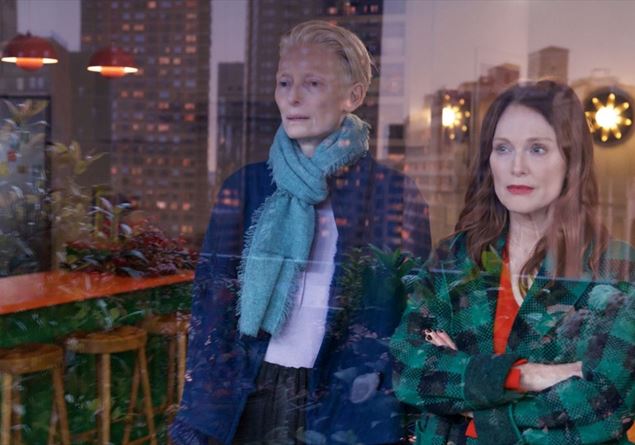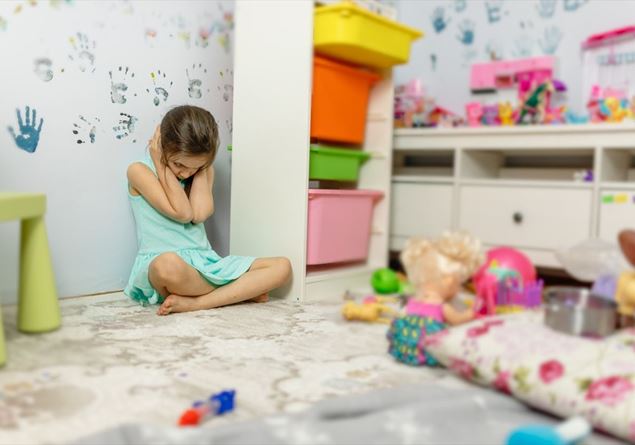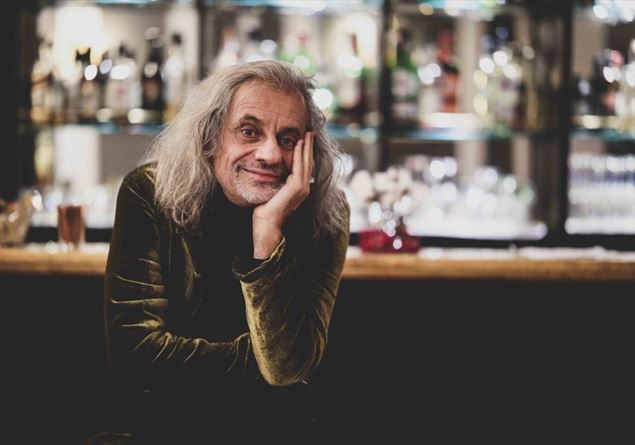
Above and above, two scenes from “The Room Next Door” by Pedro Almodóvar, with Tilda Swinton and Julianne Moore as extraordinary protagonists.
In competition at the Venice Film Festival It was presented The room next door (original title The Room Next Door) with Tilda Swinton and Julianne Moore. This is the first English-language film for Pedro Almodovar.
It tells the story of the friendship between Ingrid and Martha. Over time they have lost each other, but now they are back together. Martha discovers she has a tumor, she has a few months left before she dies. She decides to take her own life, and asks Ingrid to assist her.
We talked about it with Monsignor Davide Milani, President of the Entertainment Foundation.
What do you think of the film?
“For the Spanish director, this is a turning point. Compared to the richness and excess of his poetics, narrative and iconography, here we find essentiality and subtraction, intimacy and discretion: choices, taken together, new for him. His fetish actors are not there, he is shooting for the first time in English and in the United States… He has the courage to enter new territory, helped by two extraordinary actresses who give a masterful interpretation. There is a great understanding between them, in a story that is based entirely on glances, on small gestures. They transmit a deep bond, a harmony, an authentic friendly love.”
What themes did you want to address?
« The classic ones by Almodóvar: war, the environmental issue, friendship, death. And there is no shortage of scratches towards the Church. But the main element is that of euthanasia. In public debate often – regarding ethical issues like this – the attempt is to elevate the dramatic singular case as an emblem, to orient consciences and invoke a generalized and universal solution. Almodóvar does not use this trick. The director shows us how the greatest drama of those who face a serious terminal and irreversible disease is profound loneliness and how the company of a true love is an extraordinary medicine. Everyone has abandoned the sick protagonist: her daughter, her lifelong friends, her colleagues: but in the ordeal she will find a relationship that is in many ways salvific, capable of giving dignity even to the end of life. The judgment on the work cannot be totally absorbed by the negative final gesture – very relevant, for goodness sake – that the protagonist chooses. Around her, sick, we see a chorus of presences arise to help her and the friend who supports her: they all support and work for life. On the one hand there is euthanasia, on the other the attempt of Ingrid and those who support her to affirm life and bring hope. The film provokes us: are we capable of bringing companionship and life to give strength to those in extreme pain? Do we have the courage to help them live their final days and die with human and Christian dignity? The flaws of the film – not without flaws – as well as in the flashbacks are also in some stereotypes about believers, presented either as “irregular” or as extremists. Almodóvar’s provocation must be welcomed in any case: it is of great help to not stop comparing ourselves, questioning ourselves, to understand the power of being with truth and love next to those suffering from a serious illness. As a priest I unfortunately note how often terminally ill patients are left alone with their drama, their suffering, their dilemmas. The extraordinary work of volunteers and doctors from many hospices, the presence of many relatives and friends in this phase of life, are the translation into reality of that presence of love that we see in the film.”
Will he win a prize?
«I don’t think so, but if it happens it won’t be among the most sought after».







